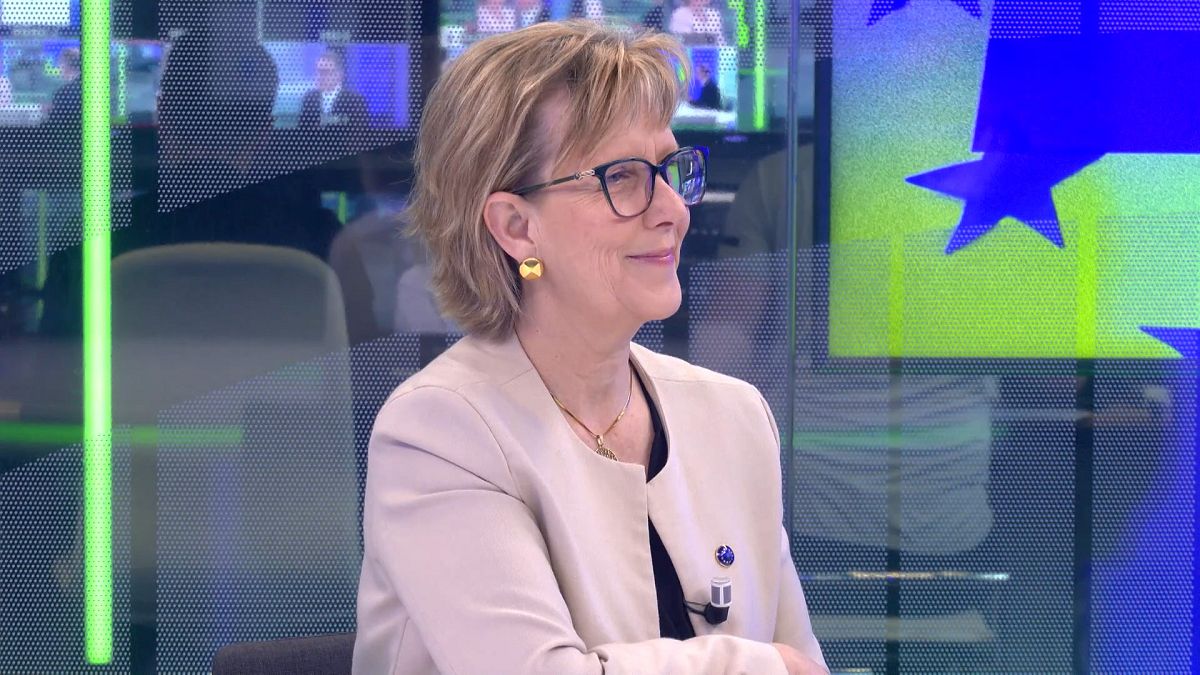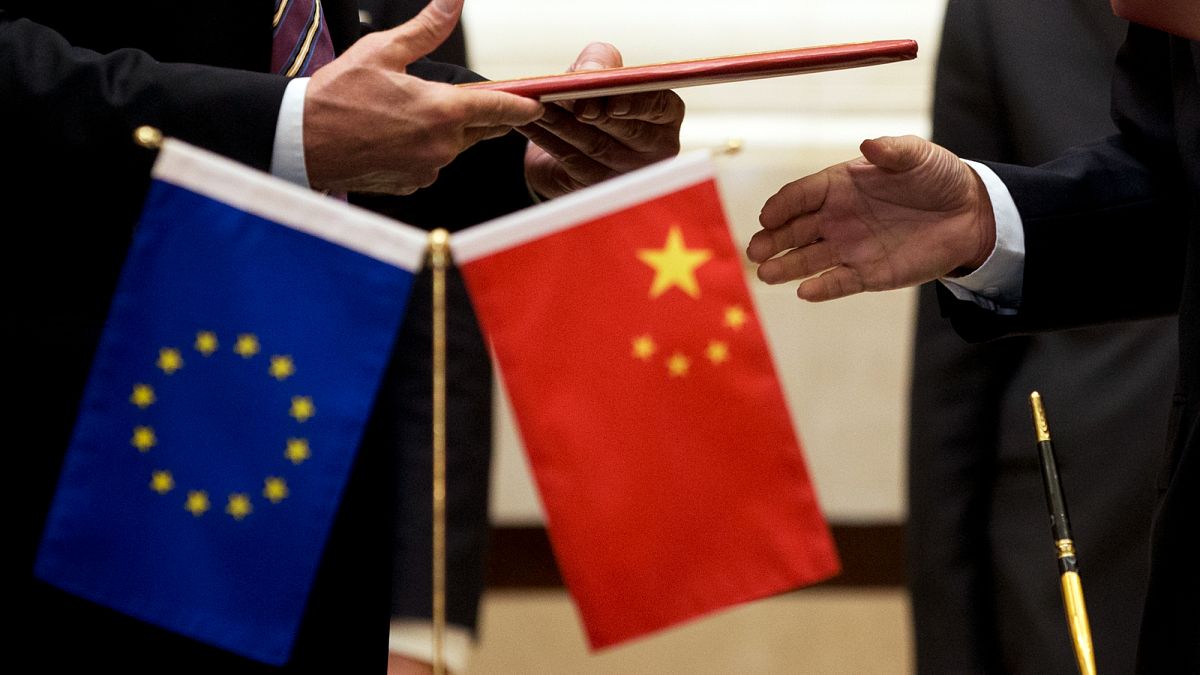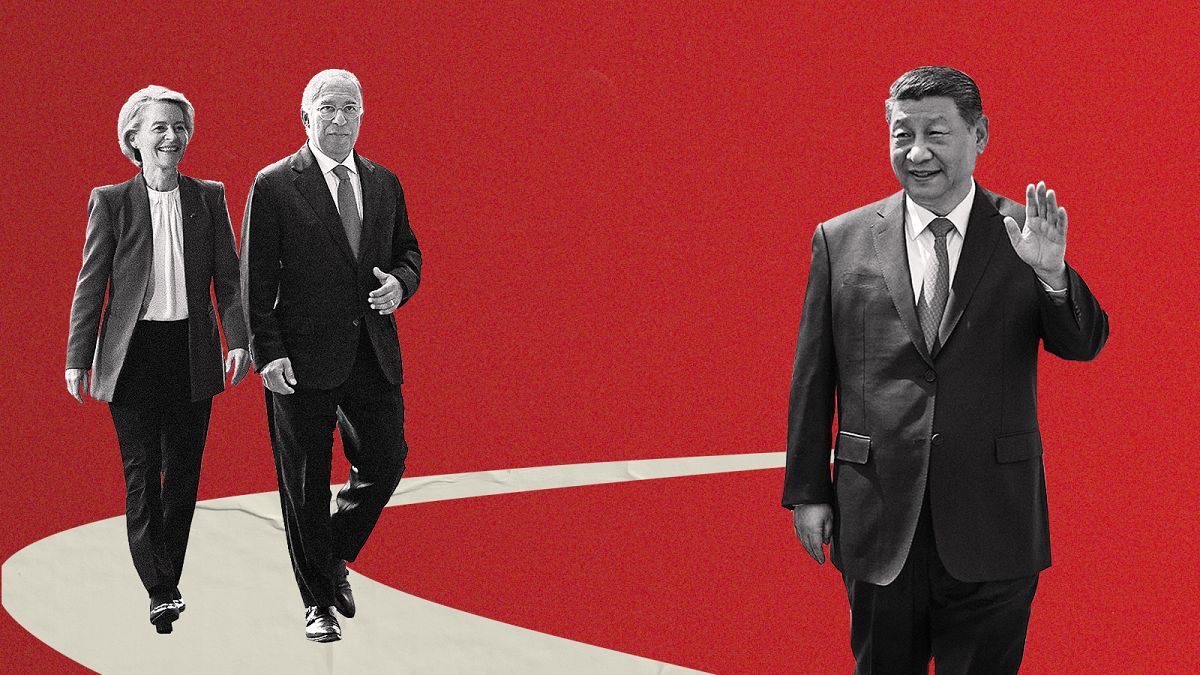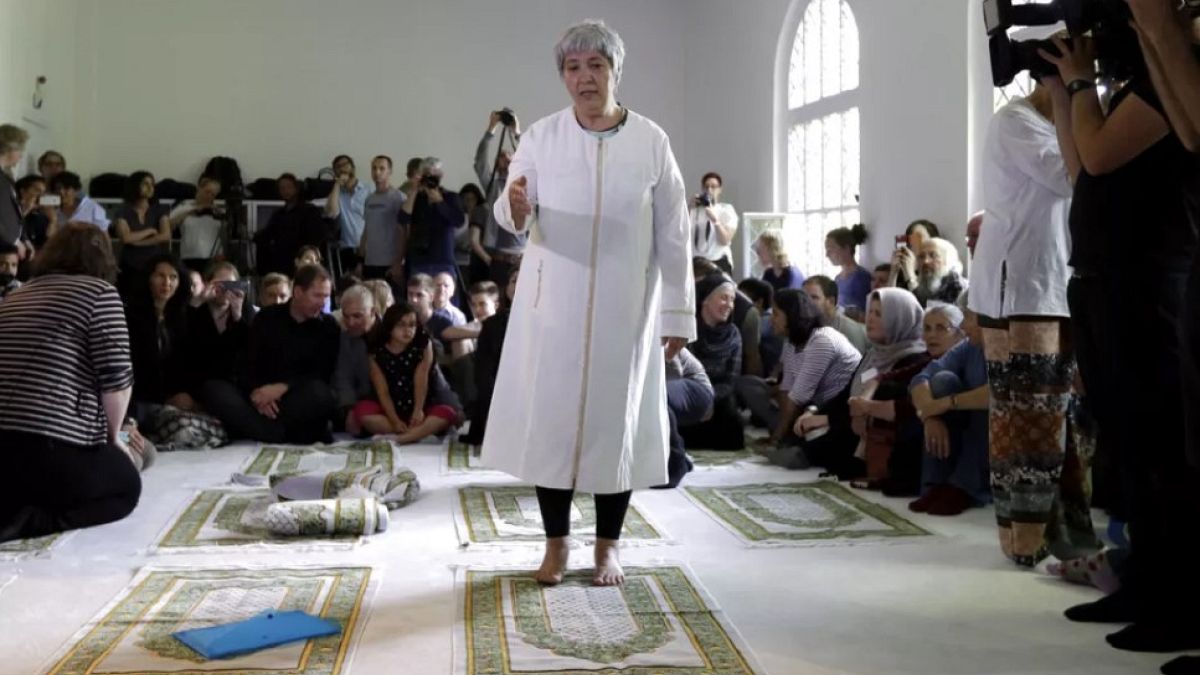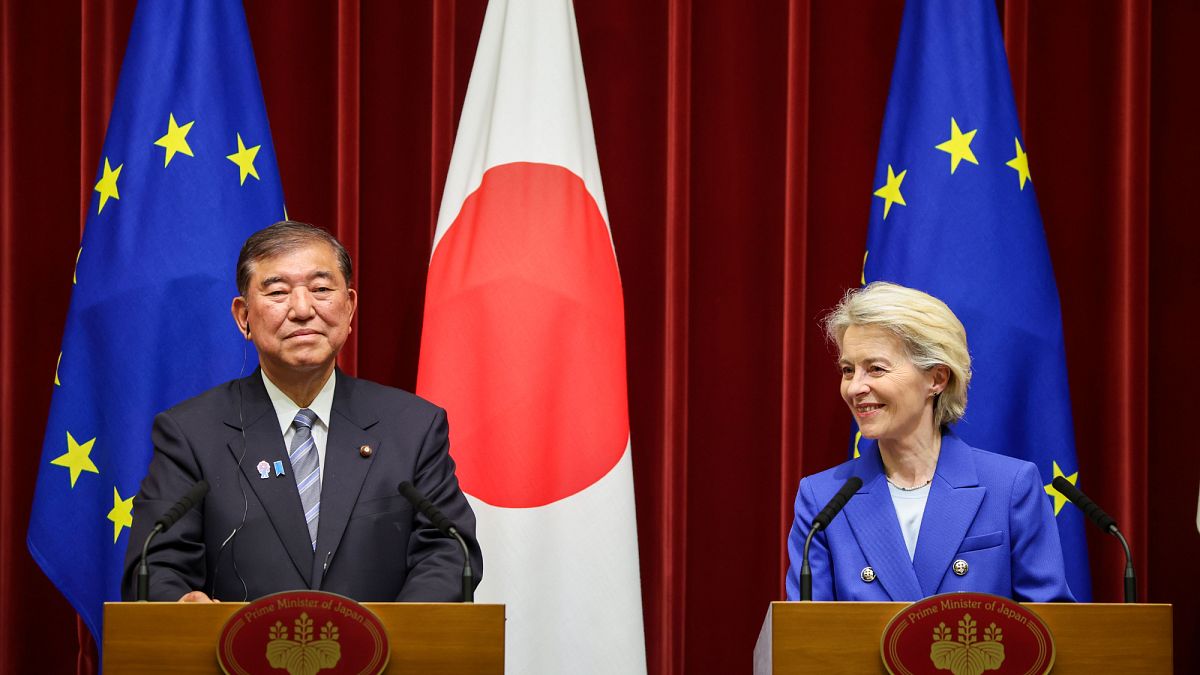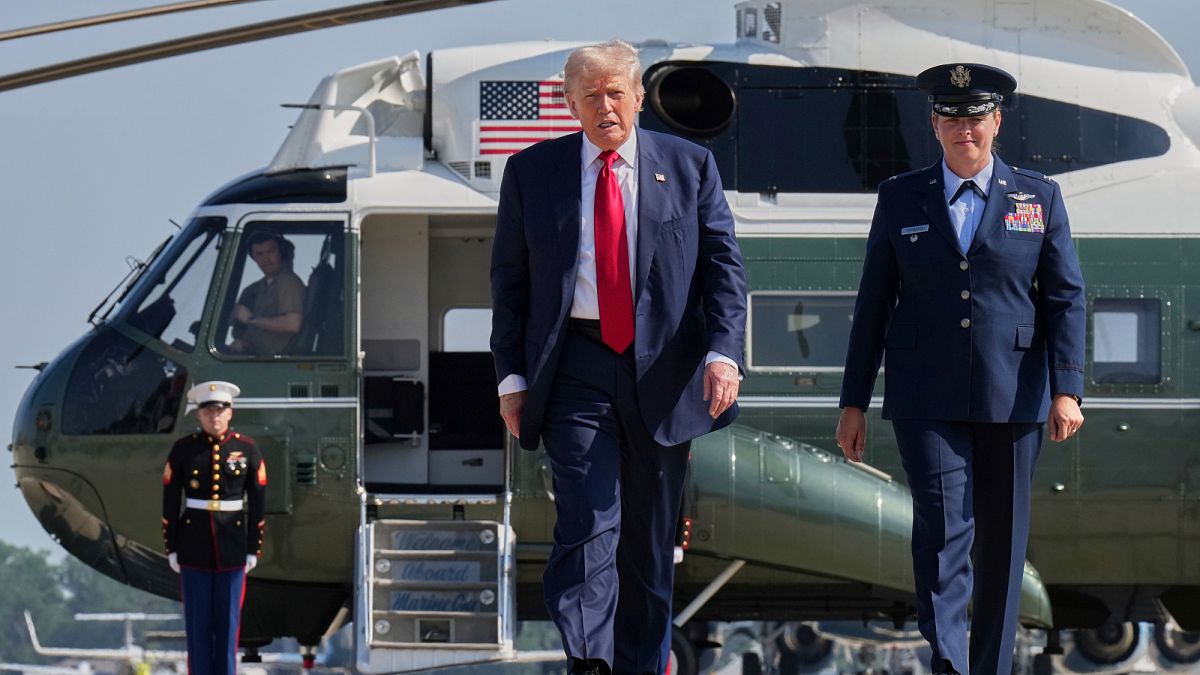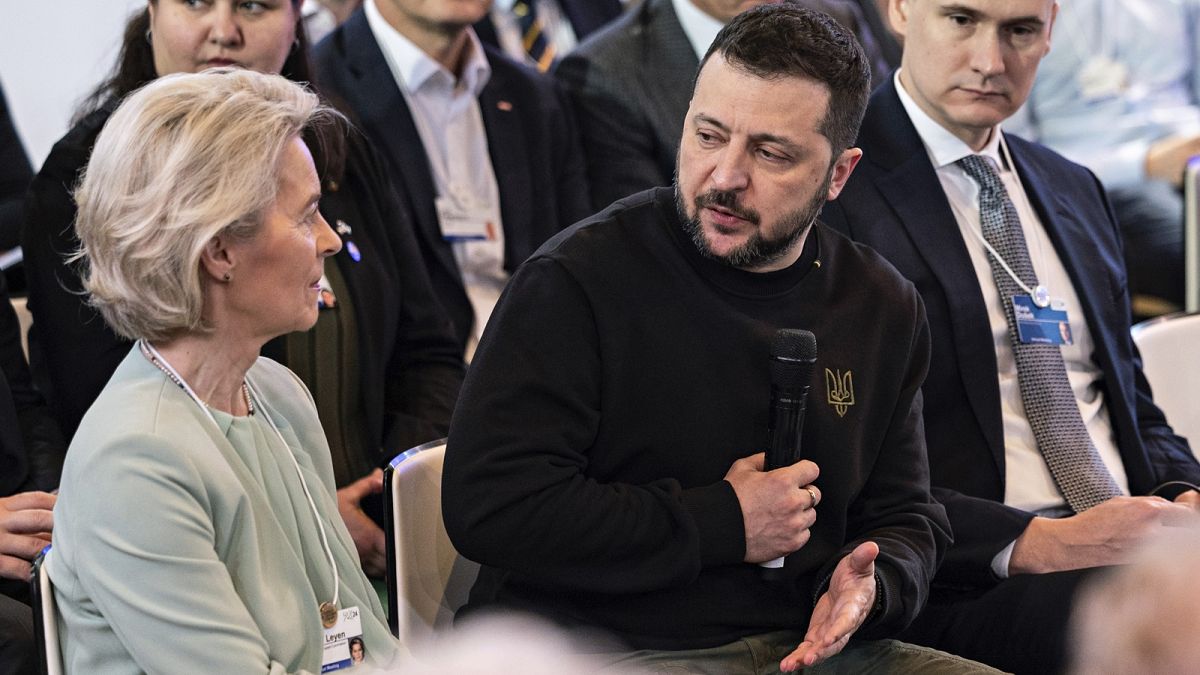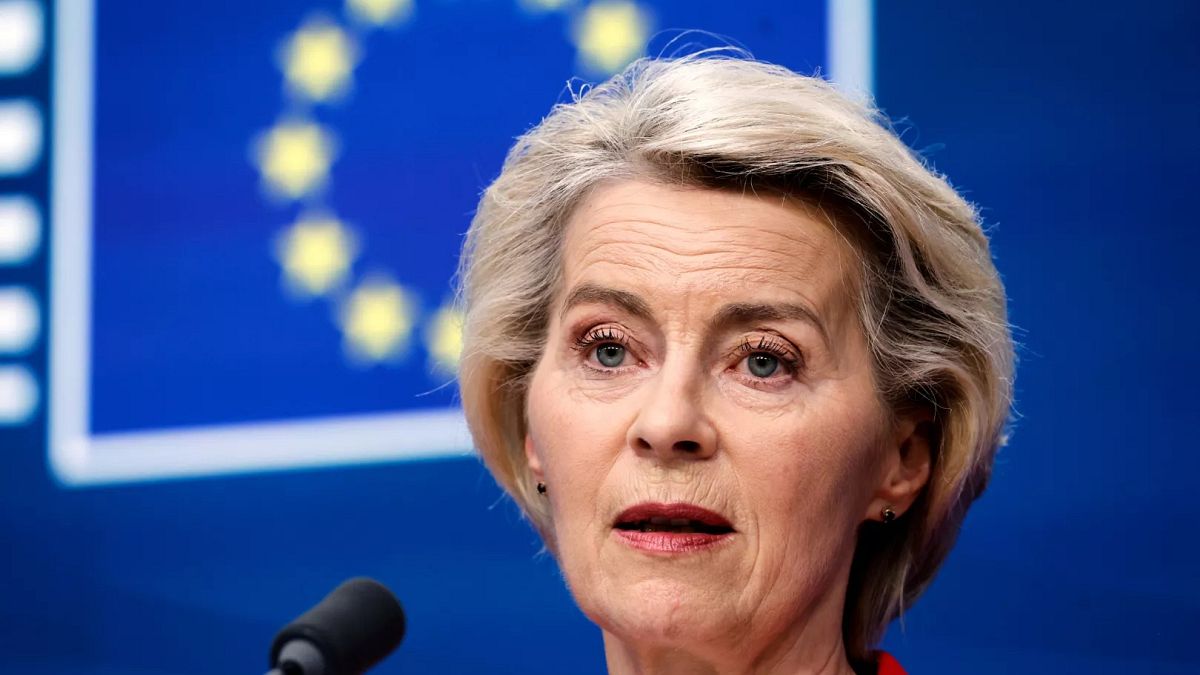Published on •Updated
The Union of Savings and Investments is “an idea that seeks to create opportunities for people’s savings to be invested with a higher return, especially when we think of long-term savings,” she said.
“We will issue a recommendation to the Member States to create a savings and investment account, through which a set of investment options that are simple, low-cost (…) and with tax incentives will be made available so that people feel more drawn to this type of investment.”
Investment in the capital market involves risk
The European Commissioner acknowledges that the alternative to fixed-term deposits is investment in financial products with higher risk, in the medium- and long-term.
“We will recommend to the Member States that they create these accounts, in which the products offered are, obviously, suitable to the profile of the retail investor. But yes, investment in the capital market involves risk. There is no capital guarantee.”
But, if the money is a low-interest deposit, bank customers are losing money due to inflation.
“They are, in a way that they do not realise, probably. Because, if we put €1,000 in a deposit, at the end of the period we will receive that €1,000 plus interest. The truth is that with that €1,000, we can buy fewer things. When it is said that money is lost in deposits, it is not losing in terms of euros, but what we can purchase with them. It is, therefore, a loss and a waste of the savings effort,” emphasised Maria Luís Albuquerque.
No to protectionism in banking
Regarding the protectionist positions of some EU governments concerning mergers and acquisitions of foreign banks, as is the case with Portugal, the European Commissioner has a warning.
“There are, in fact, very focused protectionist attitudes regarding a national perspective. I have been saying that we need to change our way of thinking and we must understand that being domestic means being European,” she said.
“The Commission, as you know, never comments on specific cases. But, concerning banking issues, we have in place a banking union that already involves all the countries in the euro area, and in which the rules that must be followed for mergers and acquisitions of banking institutions are defined. It is the European Central Bank, the relevant supervisor, and the competition authorities that must pronounce on any specific operation.”
Mergers in European banking?
European companies and banks need to be bigger and gain scale to compete with the US and other regions, argues Maria Luís Albuquerque.
“For us to compete with the United States, with China, with the big international blocs, we need the muscle that represents the European Union as a whole and not each of the member states per se.”
“Because none of us is big enough, even the largest, or powerful enough to face that level of competition. Therefore, in that sense, we need companies and banks that are capable of competing with the big global financial institutions to offer more and better services, at more competitive prices,” Maria Luís Albuquerque explained.



